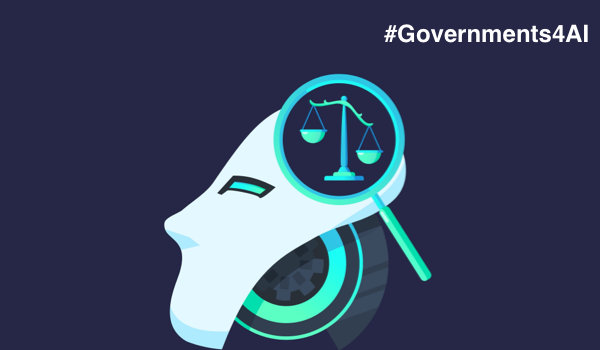


PORT HARCOURT, NIGERIA - Artificial intelligence (AI) has a plethora of benefits for most organizations and is making the lives of people easier in a number of areas, whether it is smart banking systems, easier access to transportation, loans, and healthcare.
In Rwanda, drone companies such as Charis UAS use AI to power drones that deliver medical supplies to patients in remote areas. Ghanaian startup, BACE has developed facial recognition software that addresses the misrepresentation of African faces in datasets using a more diverse one which will be useful for institutions that require identity verification.1 Nigerian farmers have embraced smart farming practices with the help of AgTech startups such as Zenvus and Rural Farmers Hub, to improve yield and optimize the use of resources. Tunisia founded AI startup, InstaDeep to help enterprises in the decision-making process.2 ATLAN Space, a startup in Morocco, is tracking illegal fishing, marine life, and environmental risks using AI.
The list goes on as to how AI is being used in different parts of the continent to make lives easier.
What is AI Policy?
As stated in AI Policy 101, “AI Policy is defined as public policies that maximize the benefits of AI while minimizing its potential costs and risks.”
AI policies can be broken down into ten categories:3
1. Basic and Applied Research
2. Talent Attraction, Development and Retainment
3. Future of Work and Skills
4. Industrialization of AI Technologies
5. AI in the Government
6. Data and Digital Infrastructure
7. Ethics
8. Regulations
The content herein is subject to copyright by The Yuan. All rights reserved. The content of the services is owned or licensed to The Yuan. Such content from The Yuan may be shared and reprinted but must clearly identify The Yuan as its original source. Content from a third-party copyright holder identified in the copyright notice contained in such third party’s content appearing in The Yuan must likewise be clearly labeled as such.
 Continue with Linkedin
Continue with Linkedin
 Continue with Google
Continue with Google









 3488 views
3488 views








